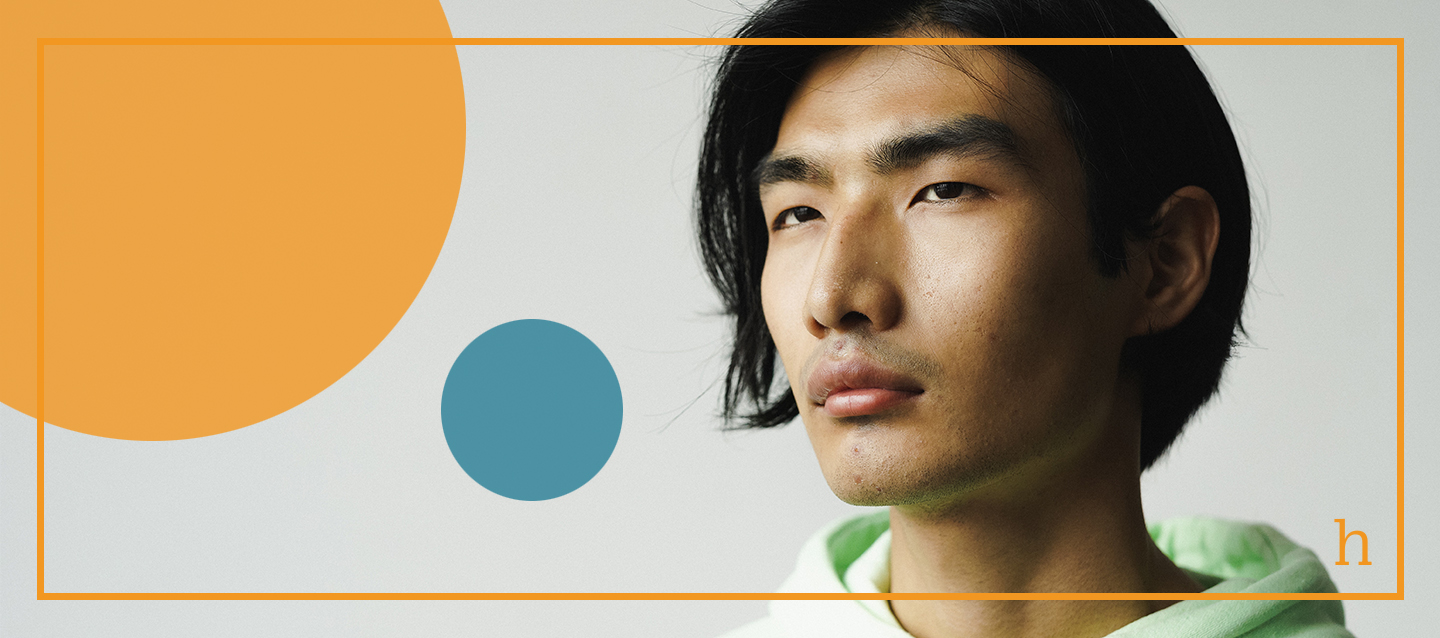In theory, it’s great to strive for perfection — but in practice, framing an ideal as the only way forward doesn’t always work. That’s especially true when it comes to the process of recovery, which usually looks (and feels) more like a switchback path rather than a straight line. No matter whether you’re trying to overcome addiction, trauma, or any habit that’s preventing you from living your fullest life, it’s crucial to realize that there’s no one-size-fits-all way to make it work. Here are a few tips to help make that journey smoother.
Remember that you’re moving at your own pace, not anybody else’s.
The early stages of recovery can feel like suddenly taking the wheel in a moving car after ages of sitting in the passenger seat — that is, empowering but also definitely jarring. And given the human tendency to only publicize when we’re living our best lives, being on social media can also make us feel like we’re constantly falling behind others. Seeing that someone you went to high school with is now a thriving, happily engaged homeowner while you’re upending your entire life? Yeah, it never feels great.
If you’re just starting your recovery journey, taking it slow and focusing on attainable, smaller-scale goals can be more productive than immediately setting your sights on the finish line. For example: if you’re aiming for sobriety, simply trying to have one less drink a day and adjusting your consumption from there can be a lot more manageable than trying to go cold turkey overnight. Aside from easing the physiological effects of withdrawal, these incremental changes can also make the psychological pressure of recovery lighter. While setting lofty goals that we’re not immediately able to reach can end up reinforcing our sense of failure, plans that allow us to feel like we’re making concrete progress on a regular basis are more likely to strengthen our motivation to keep going.
No two struggles are exactly the same — and no two recoveries are, either.
Toxic productivity culture can make us feel like we’re weaker and even morally inferior to people who are achieving more than we are. When combined with the widespread demonization and stigma already associated with addiction, it can be doubly tough to escape the mindset that you can only “redeem” yourself through a model recovery.
We’ve all heard this kind of tired thinking before: “You just need to pull it together.” “You’re probably just not trying hard enough.” Even seemingly more affirmative words of advice like “you’re better than this” can still contribute to the shame that comes with visibly struggling.
All of these lines, of course, are grossly reductive and ignore the simple reality that not all struggles are created equal. Variables like socioeconomic status and familial support (or lack thereof) affect the recovery process just as much as individual willpower. While our ability to change our individual circumstances might be limited, we can be more purposeful in the ways we allocate our energy — for instance, stepping away from people who only seek to initiate change by shaming us, and instead settling into networks of mutual support that aren’t conditional.
A misstep isn’t an automatic failure.
If you only remember one takeaway from this article, it should be this. Sure, at this point it’s a well-worn cliche that failure is the best teacher, and the stakes of recovery can feel more fraught than, say, trying to make progress on a difficult work project. Upon the first time misstepping, regressing, or otherwise deviating from our path to recovery, it’s natural to feel discouraged and disappointed.
Here’s the thing, though — the fear and stigma surrounding so-called “failure” can be a lot more damaging than the actual thing. Maybe thinking metaphorically can get this point across better. Think about how it feels to hop on a skateboard or ride a bike without training wheels for the first time, probably terrified of falling off. Of course, after the first time you inevitably do end up losing your balance, you discover that falling isn’t the end of the world. That dread surrounding the unknown disappears. If anything, the realization that it’s possible to pick yourself back up again is what emboldens you to keep riding. Sure, you might fall again, but you’ll also go farther every time.
That’s how recovery works, too. The same thing that makes starting this process feel so daunting is also what makes it such a powerful mode of healing: it’s a comprehensive transformation of your entire life that’s only possible if you initiate it. It’s not a game that eliminates you the first time you strike out. In fact, the whole point is that you’re the only person who gets to set the rules for yourself.

